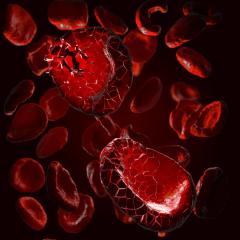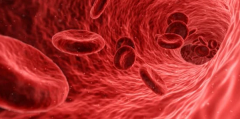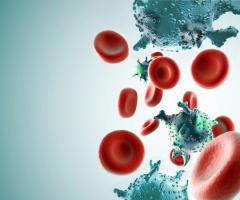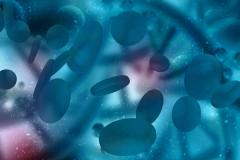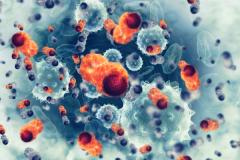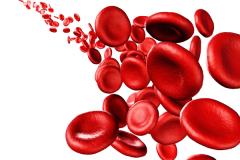
Managing Toxicities Following BCMA-Directed Immunotherapy for Myeloma
Patients treated with BCMA-directed immunotherapies for myeloma may experience susceptibility to severe infections following treatment.
Episodes in this series

BCMA, which is present in both myeloma cells and healthy cells, could suppress immune cells, making patients more susceptible to potentially fatal severe infections, according to James R. Berenson, MD.
CancerNetwork® spoke with Berenson, founder, medical and scientific director, and president and chief executive officer of the Institute for Myeloma and Bone Cancer Research, and private practitioner in West Hollywood, California, about how BCMA levels impact response to direct immune therapies and toxicities following treatment with BCMA-directed bispecific antibodies.
Berenson began by outlining a correlation between higher levels of BCMA and lower responses, emphasizing a generally more aggressive tumor state and larger tumor burden in patients with higher BCMA levels. He then expressed that treatment with BCMA-directed therapies may elicit toxicity.
The first toxicity he outlined was cytokine release syndrome (CRS), which could be fatal but typically occurs the first few days following treatment. Common symptoms include fevers and aches, among others, with severe instances mitigated with steroids. Berenson then explained that interleukin-6, an antibody target, may be a cause of CRS, and that treatment with tocilizumab (Actemra) may help to treat the toxicity.
Furthermore, Berenson explained that immune effector cell-associated neurotoxicity syndrome (ICANS) is another toxicity that may occur following treatment with BCMA-directed immune therapies. Although uncommon, Berenson explained that symptoms can occur within days and be severe, which may include seizures, Guillain-Barré syndrome, headaches, numbness, and weakness, among others.
Transcript:
in terms of patients who are getting BCMA-directed immune therapies––T cells that are called bispecific antibodies––it was thought that higher levels of BCMA may mean you are more likely to respond. It turns out, that is not the case. Consistent with all our other data, it seems that higher levels, whether it is a BCMA-directed therapy or non–BCMA-directed therapy, make it less likely you are going to respond to that treatment. That is [likely] a result of the amount of tumor that you have on board and its aggressive state, because we know that there is more of it on more aggressive myeloma. If you have worse myeloma, as well, you may have a larger tumor burden in your body than the patient who does not have that much myeloma. Therefore, you have more BCMA on the cells, and then more BCMA shed in the blood.
BCMA-directed therapies are highly effective but can be highly toxic. Early on, patients can experience an immune, overripe reaction, similar to what happens in patients, for example, who have COVID-19 infections, in which the immune system comes out unregulated. We call that cytokine release syndrome [CRS]. It can be fierce. It could be fatal. [Patients] often have fevers, do not feel well, and have aches––they can have all sorts of problems, but that usually only occurs the first few days. If it is bad, it can be mitigated with steroids.
An antibody target is one of the factors that is thought to be the culprit, and that is called interleukin-6. There is a drug called [tocilizumab; Actemra] that can help with that. It does not occur that often, but you certainly have to be aware of it. Patients are supposed to be hospitalized the first few days in case they get into trouble, [then] they can be acted upon immediately.
The other major problem they get early is called immune effector cell-associated neurotoxicity syndrome [ICANS], a neurological syndrome. [This can include] seizures, Guillain-Barré syndrome, headaches, numbness, [or] weakness. These symptoms can be severe, but again, uncommon. It usually occurs in the first few days and then goes away. There are other neurological symptoms that can occur outside of ICANS as well.
Now, as the patient traverses further, the BCMA, unfortunately, is not only present on the myeloma cells, but normal immune cells. This is a thorough take out of your immune cells, whether they are malignant or [benign] plasma cells. Thus, you are like the emperor with no clothes; you do not have an immune system. These patients get into trouble with severe infections. They can be fatal.
Newsletter
Stay up to date on recent advances in the multidisciplinary approach to cancer.



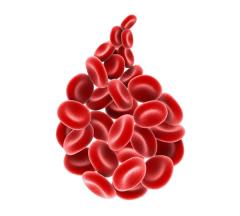





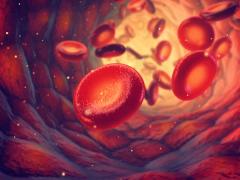

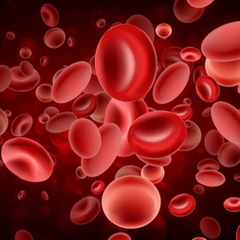





![“I don't think [the CRL] impacts how I look at the data that is publicly available and the approval chances long term for linvoseltamab and how we might use it in the future,�” said Surbhi Sidana, MD.](https://cdn.sanity.io/images/0vv8moc6/cancernetwork/8b007a323176820eb0754e84186341fe7ca44ae4-350x350.jpg?w=240&fit=crop&auto=format)



